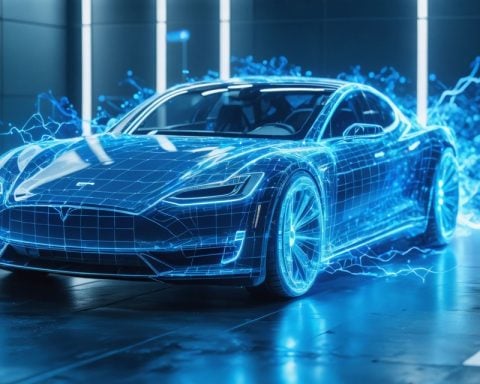In the age of constant connectivity, the question on many minds is whether our smartphones might be doing more harm than good. Specifically, can the radiation from these devices cause cancer? As our usage of mobile phones continues to grow, it’s essential to examine the evidence with a clear lens.
Mobile phones emit radiofrequency radiation (RF), a type of non-ionizing electromagnetic radiation, when they transmit signals to and from cell towers. The primary concern revolves around whether this exposure can lead to cancer, particularly brain tumors. According to the International Agency for Research on Cancer (IARC), a part of the World Health Organization, RF radiation is classified as “possibly carcinogenic to humans,” which places it in the same category as substances like coffee and talcum powder.
However, it’s crucial to note that this classification is based on limited evidence of carcinogenicity in humans and animals. To date, research results have been mixed. Some studies suggest a potential increase in the risk of glioma, a type of brain cancer, but other large-scale studies have found no conclusive link. The American Cancer Society also points out that while cell phones emit RF radiation, there is no consistent evidence demonstrating a direct increase in cancer risk.
Ultimately, while the potential link between cell phone radiation and cancer remains an area of active research, current evidence does not firmly establish a causal relationship. For those concerned, adopting simple precautions like using speaker mode or a headset can help minimize direct exposure.
Are Smartphones a Silent Threat? Unveiling the Hidden Dangers of Phone Radiation
In today’s hyperconnected world, the debate over mobile phone radiation and its potential health effects continues to spark controversy. But what does the growing body of research reveal, and how might it affect our everyday lives?
Beyond the familiar concern about cancer, recent studies have explored how RF radiation from phones might impact other aspects of health. For instance, there is emerging evidence suggesting that prolonged exposure to RF radiation could potentially affect male fertility by reducing sperm quality and motility. Additionally, there are ongoing investigations into whether such radiation can disrupt sleep patterns, leading to insomnia or reduced sleep quality. These health aspects can have profound implications, considering that an estimated 5 billion people globally use mobile phones.
Communities are becoming increasingly divided on this issue. Some advocate for stricter regulations and public awareness, while others emphasize the lack of definitive scientific proof linking mobile phone use with health problems. Countries like France have taken precautionary measures by limiting RF exposure in schools, suggesting that even perceived risks warrant attention and proactive management.
On both individual and community levels, the balance between leveraging technology and ensuring public health remains a shrewd point of contention. While technologies are vital for modern communication, their potential health impacts underline the importance of prudent and responsible use.
For those seeking to delve deeper into this topic, consider visiting credible resources like the World Health Organization and the American Cancer Society. These organizations provide comprehensive and regularly updated information on the topic.
As the debate rages on, one must ponder: Is our health too high a price to pay for the convenience of constant connectivity?







